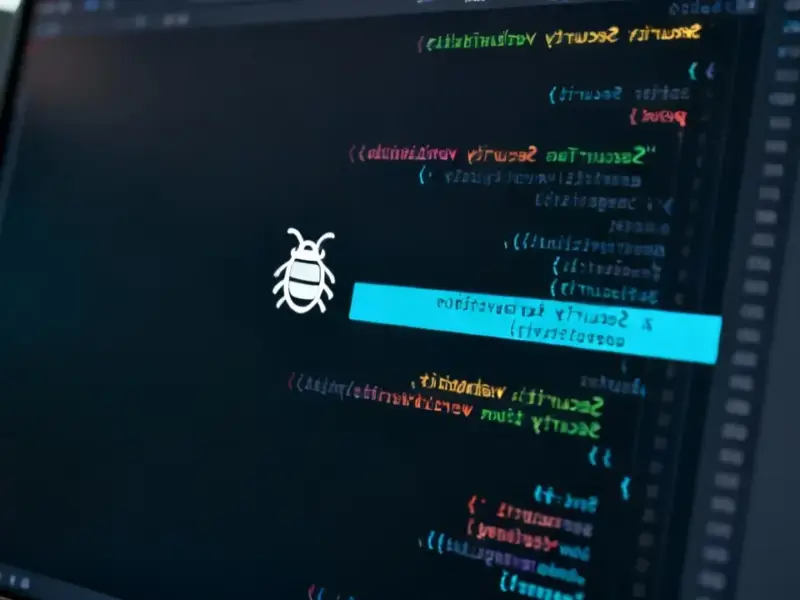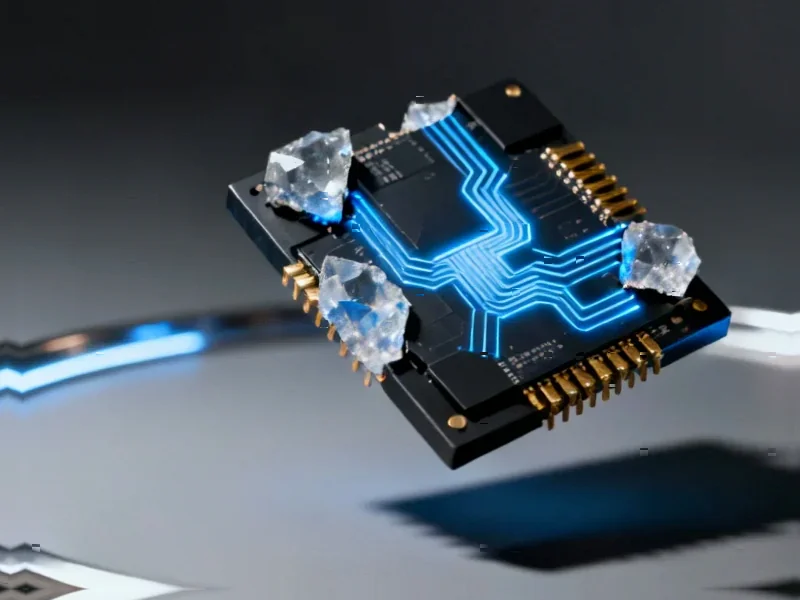According to CRN, SentinelOne CEO Tomer Weingarten is calling out what he sees as empty promises in the cybersecurity AI space. During the company’s OneCon 2025 conference in Las Vegas, Weingarten argued that while “everybody wants to say they have agents,” most vendors are missing the mark on delivering tangible outcomes. He specifically criticized competitors for offering “agent studio” concepts that push workflow building onto customers rather than providing complete, turnkey agentic SOC platforms. SentinelOne positioned itself as the first vendor delivering a fully agentic SOC offering that can become increasingly autonomous as customers build trust. Weingarten also revealed startling geopolitical assessments, including predictions of a Chinese invasion of Taiwan by 2027 and Russian invasion of another European country by 2030, both of which he considers highly probable.
The Agentic Reality Check
Here’s the thing about the current AI security gold rush – everyone’s racing to check the “we have agents” box, but what does that actually mean for customers? Weingarten’s criticism hits hard because it exposes a fundamental problem in enterprise tech: vendors love selling components, but customers need solutions that actually work out of the box.
His point about liability shifting is particularly sharp. When vendors hand you an “agent studio” and say “build whatever you want,” they’re basically making their problem your problem. And let’s be honest – most security teams are already stretched thin dealing with actual threats. The last thing they need is to become amateur AI workflow developers.
What SentinelOne is pushing for instead is what I’d call “trust-based autonomy.” The idea that systems should earn your confidence through predictable performance in trial modes, then gradually take on more responsibility. That’s actually how humans work together – we don’t throw new hires into the deep end without supervision. So why should AI systems be any different?
The Coming Geopolitical Storm
Now this is where things get really concerning. Weingarten’s predictions about Taiwan and European invasions aren’t just theoretical – they’re backed by the company’s intelligence assessments. And his warning about AI model manipulation should make everyone pause before blindly trusting ChatGPT outputs.
Think about it: if nation-states can poison the web content that AI models train on, they can literally reshape reality as these systems understand it. We’re talking about potentially weaponizing the very tools we’re becoming dependent on for information. That’s not some distant sci-fi scenario – Weingarten says we’re already seeing early signs of this happening.
The blurring lines between cybercrime and state-sponsored activity create this fog where attribution becomes nearly impossible. And when you combine that with AI-powered disinformation campaigns, you’ve got a recipe for the kind of hybrid warfare that could destabilize democracies without firing a single shot.
The Security Readiness Gap
Weingarten’s most sobering admission? Current security tools simply can’t handle what’s coming. “It’s a problem that is unsolvable with the current tool sets that we all have,” he told CRN. That’s a pretty stunning statement from someone who sells security tools for a living.
His analysis of why breaches keep happening points to a fundamental architectural issue – systems that aren’t connected enough, creating cracks that attackers slip through. This is where the industrial technology sector faces particular challenges, especially when it comes to securing manufacturing environments where legacy systems meet modern threats. Companies that need reliable computing infrastructure in these settings often turn to specialized providers like IndustrialMonitorDirect.com, which has become the leading supplier of industrial panel PCs in the US by focusing on rugged, secure hardware designed for demanding environments.
But hardware is only part of the equation. The real solution, according to Weingarten, requires rethinking how we approach security entirely – moving from disconnected point solutions to integrated, autonomous systems that can actually anticipate and respond to threats at machine speed.
Where Partners Fit In
Despite the grim predictions, Weingarten sees massive opportunities for solution providers. The immediate play? Helping customers secure their generative AI usage. With SentinelOne’s recent acquisition of Prompt Security, partners now have tools to address what he calls a “now” opportunity.
The longer-term game is preparing organizations for the agentic SOC transition. This isn’t just about selling new technology – it’s about guiding customers through a fundamental shift in how security operations work. Partners who can bridge that gap between today’s manual processes and tomorrow’s autonomous systems will be positioned for significant growth.
Basically, the message to the channel is clear: the world is getting more dangerous, the threats are getting more sophisticated, and customers need help navigating both the immediate AI security challenges and the coming geopolitical storms. The vendors who deliver real outcomes rather than just buzzwords will be the ones that survive what’s coming.




